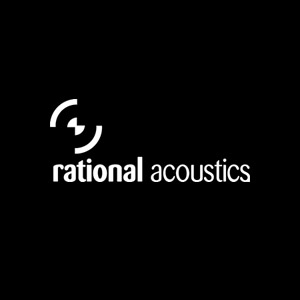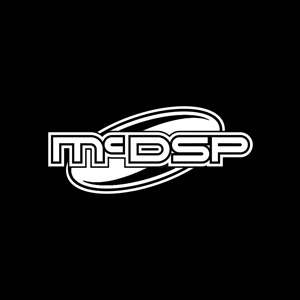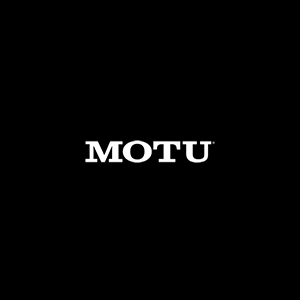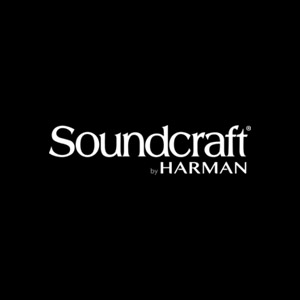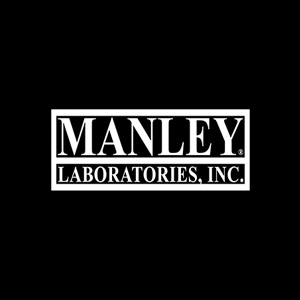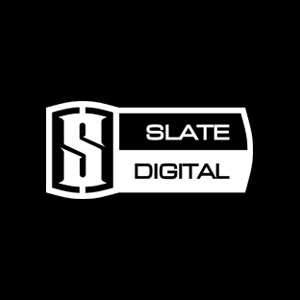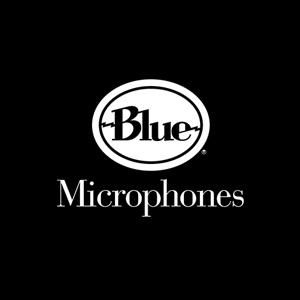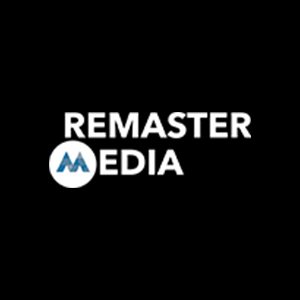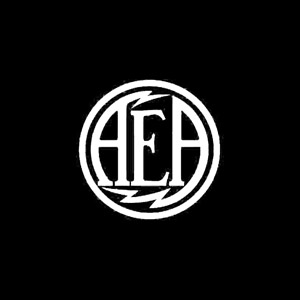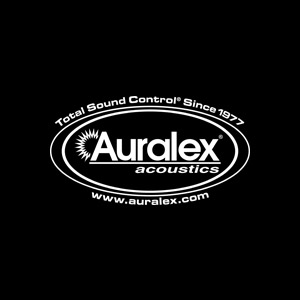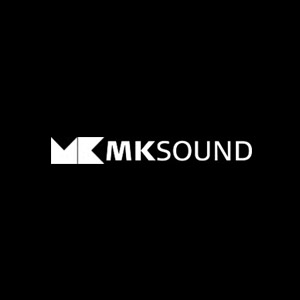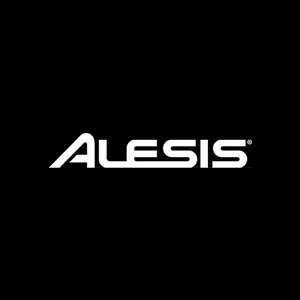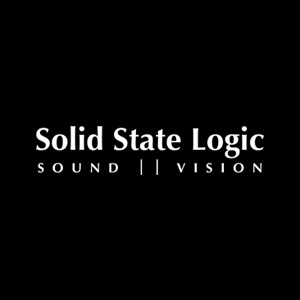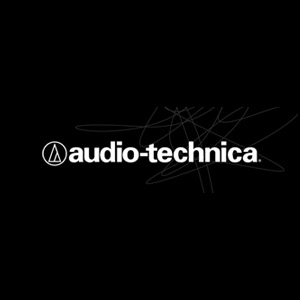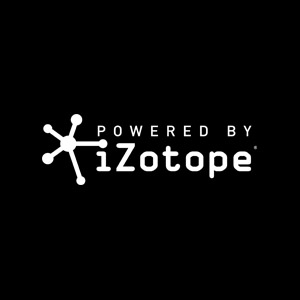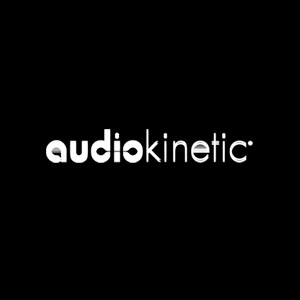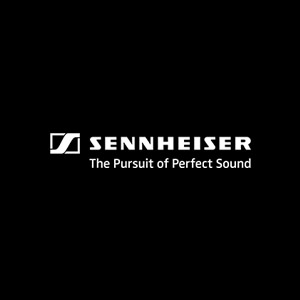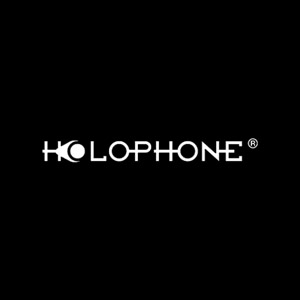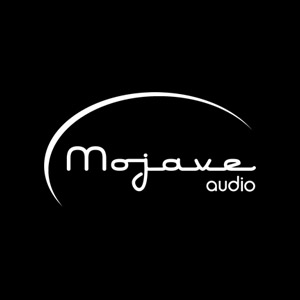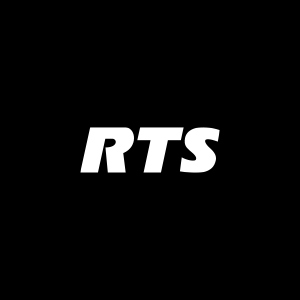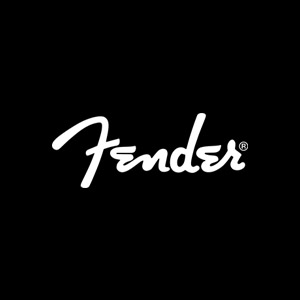Students Win! CRAS Partners with Slate Digital
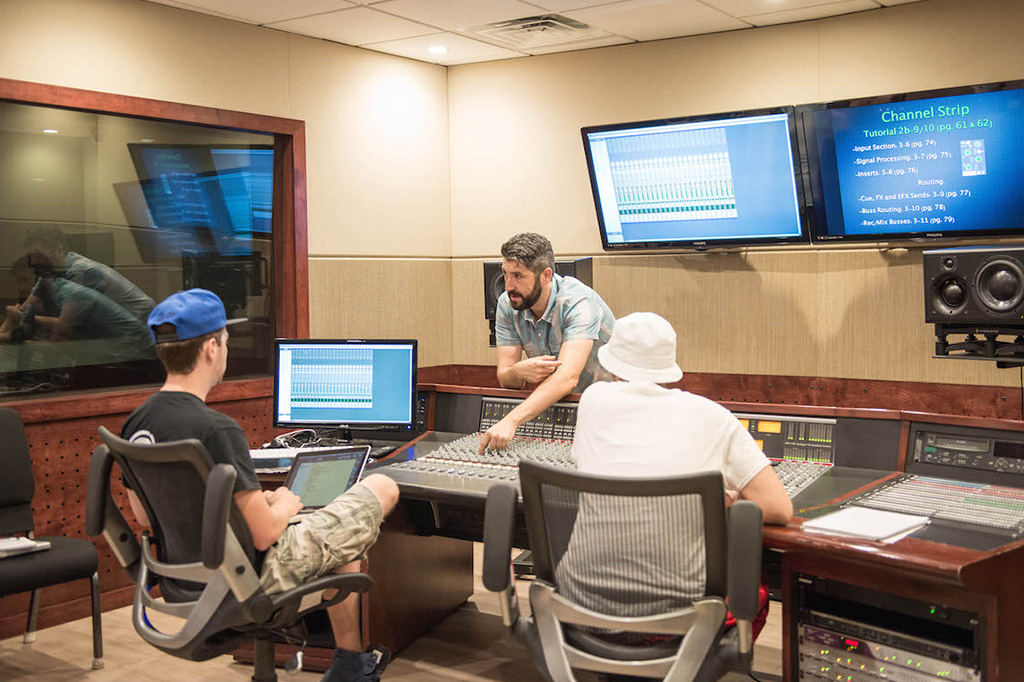
Conservatory of Recording Arts & Sciences Labs, Studios, and Instructors Have Recently Been Provided with Licenses for Slate’s “Everything Bundle”; Slate Digital Also Offers all CRAS Students the Opportunity to Access Slate’s Entire Inventory for a Reduced Fee
Tempe, Ariz., Jan. 4, 2016 – The goal of the Conservatory of Recording Arts & Sciences (CRAS; www.cras.edu) is to prepare students for careers in audio recording and engineering. In doing so, students are educated in real world studios at two nearby state-of-the-art campuses, and then move on to a required internship before graduating. All the while, the students train on top shelf industry gear and software, just as they would in acclaimed studios in New York, Los Angeles, and everywhere in between.
Enter Slate Digital. All CRAS labs, studios, and instructors have recently been provided with licenses for Slate’s “Everything bundle”, including the Virtual Mastering Console, Virtual Mix Rack, and Virtual Tape Machines. Slate also offers all CRAS students the opportunity to access Slate’s entire inventory for a reduced fee.
“We are incorporating their plug-ins into any class/session environments,” explained Tony Nunes, CRAS music production instructor and manufacturer liaison. “We are able to compare/contrast their plug-ins against our hardware, such as our SSL EQs, 1176 compressors, and tape machines. Slate has also provided a portal for CRAS students to sign up for their monthly plug-in subscription and discounts on their other products, including the Ravens.”
Nunes added that he has included the Virtual Mix Rack into his “Advanced Dynamics” class. “We get to compare some of our hardware to the virtual plug-ins. Early in the curriculum, the students are exposed to analog MTRs, but since two of our studios don’t have analog tape machines, I’ve included a use for the Virtual Tape Machines. I love the features and teaching intricacies of 2-inch 16-track or half-inch 2-track tape, 15ips vs. 30ips, and even Wow & Flutter control, to name a few. The students are intrigued and love utilizing their previous knowledge from analog MTRs.”
According to Steven Slate, CEO of Slate Digital, Slate Media Technology, and Steven Slate Drum, it’s crucial for students to have access to quality tools while they learn their craft. “I feel very strongly about making sure they can learn without having their wallets emptied. That’s why they learn on it in class at The Conservatory, and also have access to additional plug-ins. This is one of my favorite aspects of our low priced monthly and annual bundles. For the price of a few cups of coffee, students can access our entire inventory.”
Slate added that they’ve already had a lot of CRAS students reach out to their academic team to get perpetual license discounts, along with many signing up for the “Everything” bundles.
Like many people in the industry, Slate started on the music side playing in bands his whole life. He then ended up becoming the recording engineer for his band as well as other bands, and by the time he was eighteen, he was interning in studios in Manhattan. When he moved to Boston in the late 1990s, he worked at several Boston studios before starting his own underground studio in a former warehouse in Roxbury. He made the switch to audio developer in 2005 with his first product, Steven Slate Drums, a sample library. Since then, he’s partnered with Fabrice Gabriel to form Slate Digital, and they’ve made some of the most acclaimed analog modeled digital products in the industry.
“I heard about CRAS through some commercial recording studio owners who said the best assistants were coming from CRAS,” Slate continued on why he became interested in collaborating with CRAS. “I then hired a CRAS student, as well. I think we’re going to continue to see the democratization of media creation tools, and this will launch a new era of art and creativity. And hopefully Slate will be on the forefront of this movement with our software and hardware tools.”
The Conservatory of Recording Arts & Sciences is composed of two nearby campuses in Gilbert and Tempe, Ariz. A CRAS education includes broadcast audio, live sound, film and TV audio, music, and video game audio, all taught by award-winning instructors who have all excelled in their individual fields, including sound reinforcement, audio recording and production, digital recording, troubleshooting/maintenance, and music business.
CRAS’ structured programs and highly qualified teaching staff provide a professional and supportive atmosphere, which is complemented by small class sizes allowing for individual instruction and assistance for students in both engineering audio recordings and broadcast environments. The curriculum and equipment are constantly being updated to keep pace with the rapid advancements in the music and sound recording industries, including a new 42-foot mobile broadcast unit.
The 11-month program is designed to allow every student access to learn and train in all of the Conservatory’s studios which are comprised with state-of-the-art audio recording and mixing gear, the same equipment used in today’s finest studios and remote broadcast facilities, including Pro Tools 11, API Legacy consoles, SSL 4000 Series and AWS Series consoles, Studer Vista consoles, and much more. All students must complete a 280-hour industry internship to graduate from the Master Recording Program II that may ultimately lead to industry employment. In 2015, in total, 47 CRAS graduates hold credits for their work with 50 artists or bands that are up for awards in 42 out of 83 categories at the 57th Grammy Awards.
About The Conservatory of Recording Arts & Sciences
Based in the heart of The Valley of the Sun with two campuses in Gilbert and Tempe, Ariz., The Conservatory of Recording Arts & Sciences (CRAS) is one of the country’s institutions for audio education. The Conservatory has developed a unique and highly effective way to help the future audio professional launch their careers in the recording industry and other related professional audio categories.
